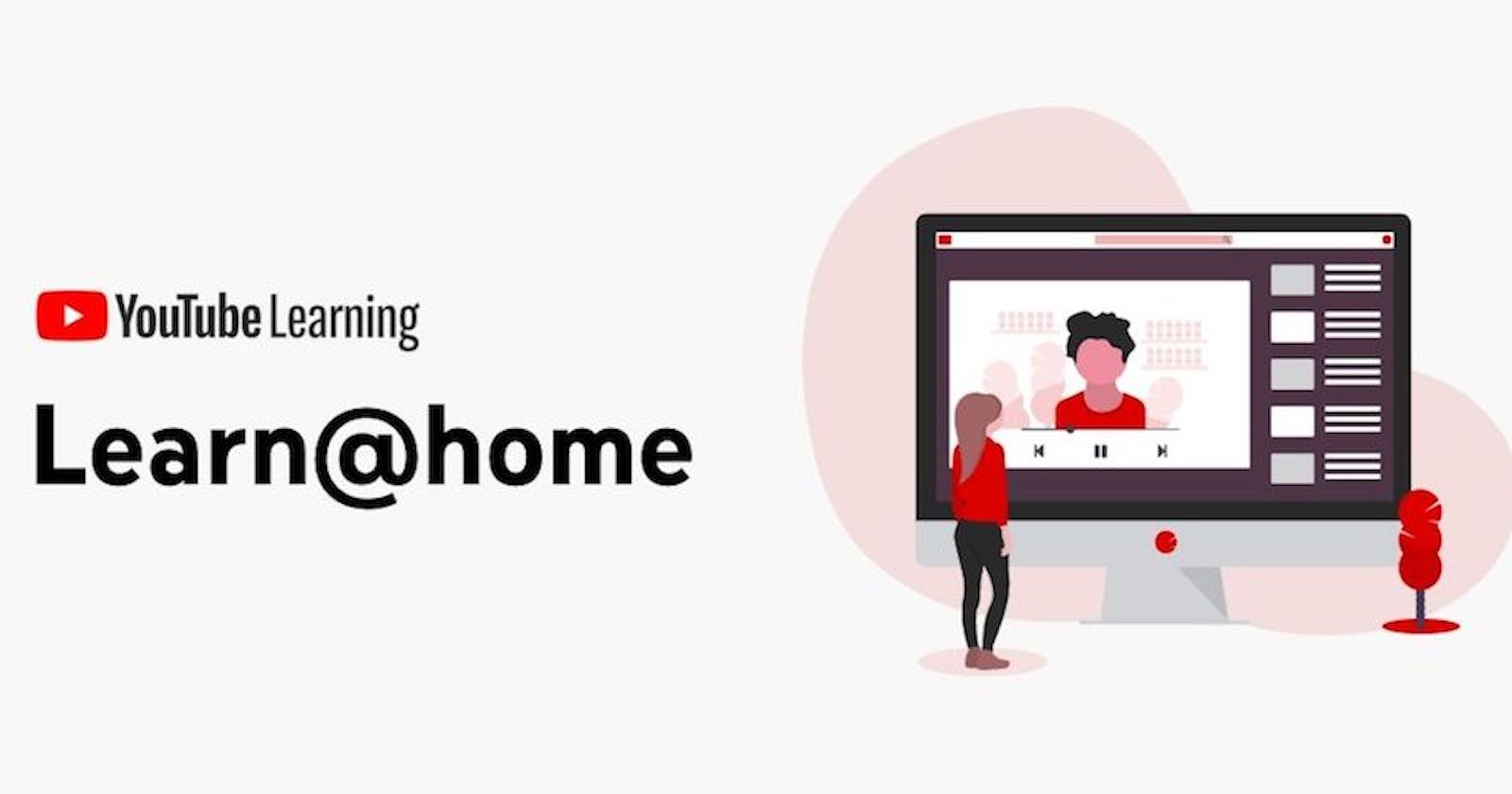Youtube is the world's largest education hub. It is a platform that is changing the way people learn and access education. With the advent of edtech and more and more people from all walks of life taking to the platform to learn new things, Youtube has become the go-to place for anyone looking for educational content.
The edtech industry has seen tremendous growth in recent years and Youtube has been at the forefront of the development. Companies like BYJU have become household names and have seen massive success in terms of revenue and user base. Youtube has been a major contributor to this success and has been instrumental in providing the right platform to these edtech companies.
Youtube has revolutionized the way education is accessed. It has made it easier and more convenient for people to access educational content without having to spend a lot of money and time. From tech tutorials to cooking classes, one can find almost anything on Youtube. It has become a go-to place for anyone looking to learn something new.
Youtube has become an indispensable part of our lives. With the advent of edtech, it has become a major source of education for people. It has made learning more accessible and affordable and has opened up a new world of possibilities for anyone looking to learn something new. Youtube is the largest education hub and with the advent of edtech, it is sure to remain so in the days to come.
Now it's time for YouTube Vs Edtech's
YouTube announced on December 19 it will allow qualified creators in India to provide free and paid courses to consumers starting next year. This move pits YouTube directly against domestic edtech companies like Byju's, Unacademy, and PhysicsWallah, many of which began on the Google-owned platform.
While educational content has been available on YouTube for several years, this will allow creators to provide viewers with a more comprehensive, structured learning experience. In return, creators will receive a new monetization option in addition to advertising, channel memberships, and subscriptions.
Creators will also be able to provide viewers with supplemental materials such as documents, images, and PDFs via the YouTube app.
Ishan John Chatterjee, India Director for YouTube said the platform will share revenue with the "same kind of principles" that they have with other creators with a majority of the revenue paid out to the creator. Although, the exact percentage is not disclosed as yet.
YouTube has traditionally paid out 55 percent of its ad revenue to creators while keeping the remainder as part of its partner programme.
